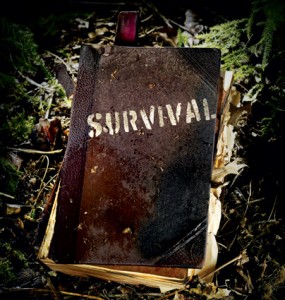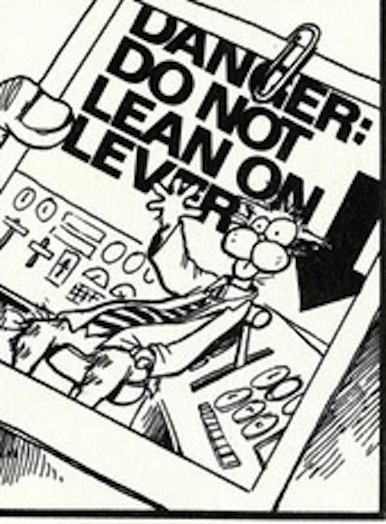I’m trying to teach my kids to be flexible. Like me, both are obsessive planners. Just yesterday, my older son was telling me he’d been planning out his entire school year right to the last day. My advice to him?
Don’t get too locked into those plans.
Mood music:
I’m not trying to discourage careful planning. It’s good to plan; it keeps us organized. I find daily list making to be enormously helpful. I’m also not encouraging them to lower their expectations of life. We need our expectations to motivate us toward great things.
What I am trying to tell them is that when you set your heart to lofty expectations, you risk huge letdowns when things don’t go as planned. Letdowns are important, too, because they humble us and help us to learn and move forward. But too many letdowns can beat a person down, and a lot of the time it isn’t necessary.
I’ve set myself up for those kinds of letdowns in the past, when schedule changes seemed like calamities.
When I was a kid, I’d throw epic tantrums if we went to the movies and the film we wanted to see was sold out. That’s typical childhood behavior, but it followed me to adulthood. I’d rage if a traffic jam threw off the timing of when I’d get from point A to B (I still hate that, but my reaction is more muted). If plans for a night out with friends or a quiet night at home suddenly changed, I’d sink into a depressive funk.
I used to get ridiculously dramatic when something failed to meet my expectations. I’d give in to my addictive impulses, mope for days and, perhaps worst of all, I’d let disappointment completely destroy the rest of the day, weekend, holiday, what have you.
As I get older, I’m better at going with the flow, though I admit I still succumb on occasion. I have my expectations out of life, but I always keep in mind that unforeseen obstacles will appear. That way, when it happens, my brain can more readily move on to a revised state of affairs.
If I miss an appointment because of traffic, I can always reschedule the appointment. If we don’t get to a movie on time, we can find plenty of other enjoyable activities to fill the time. If one work opportunity caves in, there are always other opportunities waiting around the corner.
It’s a lesson I hope to pass on to my sons.




